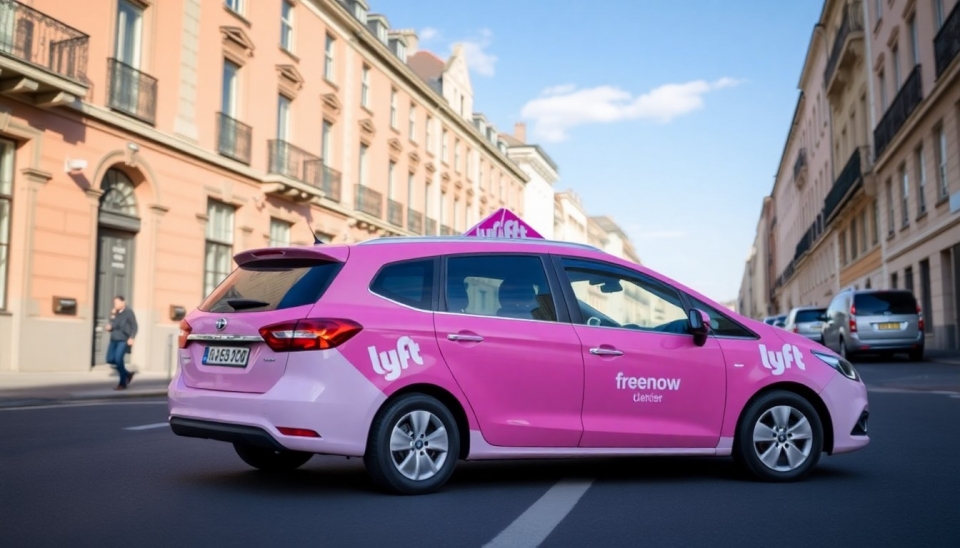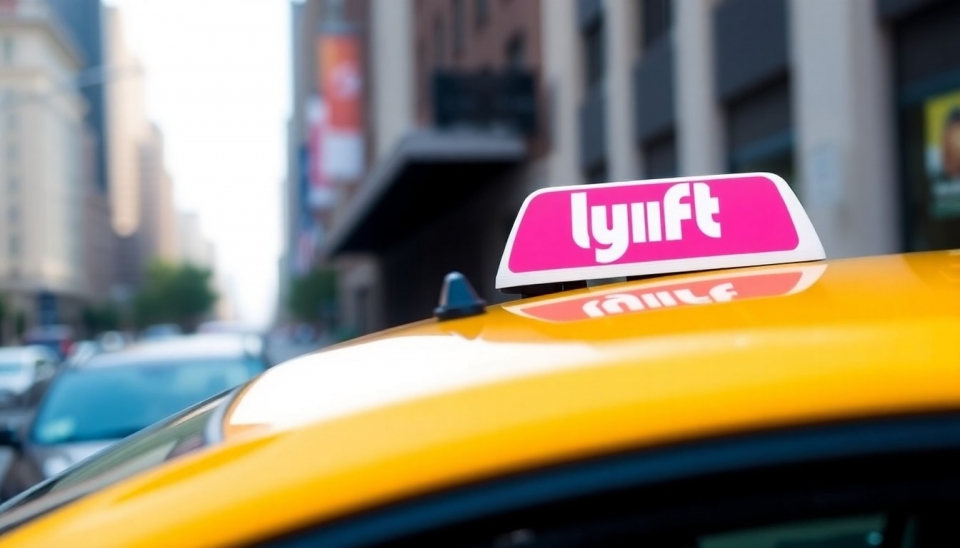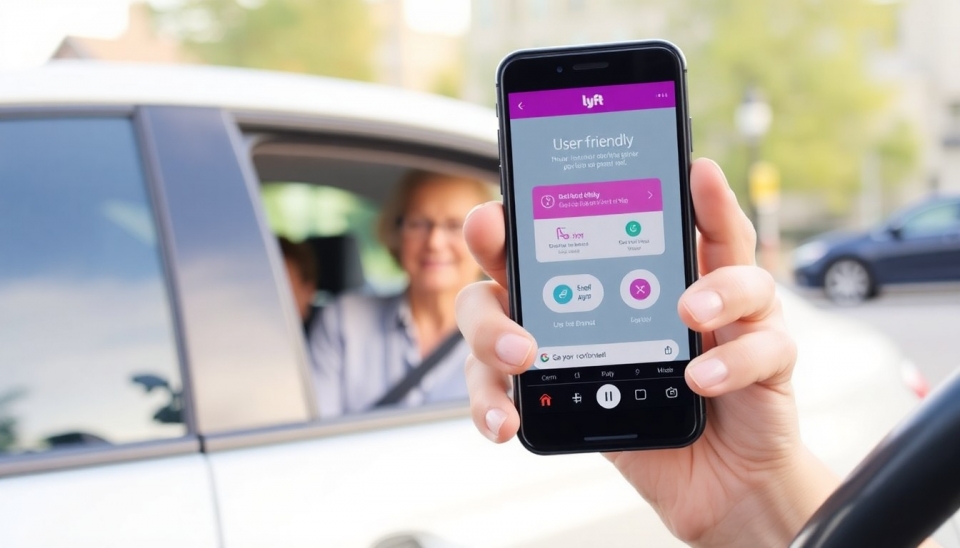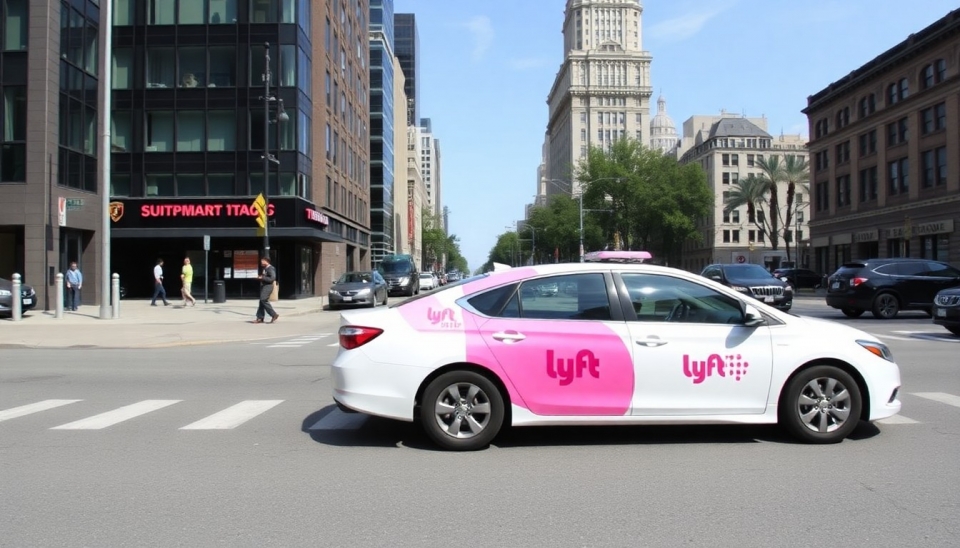
In a significant move to cement its international presence, Lyft has announced the acquisition of FreeNow for an impressive $197 million. This strategic decision marks Lyft's entry into the European ride-hailing market, aiming to challenge established players and broaden its global footprint.
FreeNow, a prominent ride-hailing service, operates across multiple European cities, making it a well-known brand in markets where Lyft seeks to establish its presence. This acquisition allows Lyft to leverage FreeNow's established infrastructure, customer base, and local insights, providing a robust platform for growth in Europe.
Lyft's CEO emphasized that this acquisition is not just about expanding geographically but also about enhancing service offerings to better compete with rivals such as Uber, which already has a stronghold in Europe. The integration of FreeNow into Lyft's operations could potentially streamline the riding experience, incorporating innovations from both companies to enhance user satisfaction.
As part of this deal, Lyft plans to invest heavily in technology and customer service improvements within FreeNow's operations. The intention is to modernize the platform and optimize ride availability, aiming for a quicker and more reliable service for customers. With a fresh influx of capital and resources, FreeNow is expected to revamp its app and services to align with Lyft's brand standards.
This acquisition comes at a time when competition in the ride-hailing sector is intensifying. With a steady increase in demand for mobility services post-pandemic, Lyft's investment signals its commitment to capturing a significant share of this burgeoning market. By acquiring FreeNow, Lyft not only gains a foothold in Europe but also brings in experienced local teams, which are crucial for navigating regulatory landscapes and customer preferences in different regions.
Investors reacted positively to the announcement, showing increased confidence in Lyft's growth trajectory. Analysts suggest that boosting presence in Europe could significantly impact Lyft's profitability in the long term, particularly if they can replicate their business model successfully in diverse international markets.
Overall, this acquisition of FreeNow is expected to serve as a catalyst for Lyft's expansion strategy, presenting numerous opportunities to innovate and better serve customers in Europe. As the ride-hailing landscape continues to evolve, Lyft's bold move is set to increase competitive pressures among existing players and foster a more dynamic marketplace for consumers.
As Lyft embarks on this new chapter, stakeholders and analysts alike will be keenly observing how this acquisition pans out, especially regarding service improvements, market penetration, and overall impact on the European ride-hailing industry.
#Lyft #FreeNow #RideHailing #EuropeanExpansion #MobilityServices #TechAcquisition #TransportationInnovation
Author: Liam Carter




